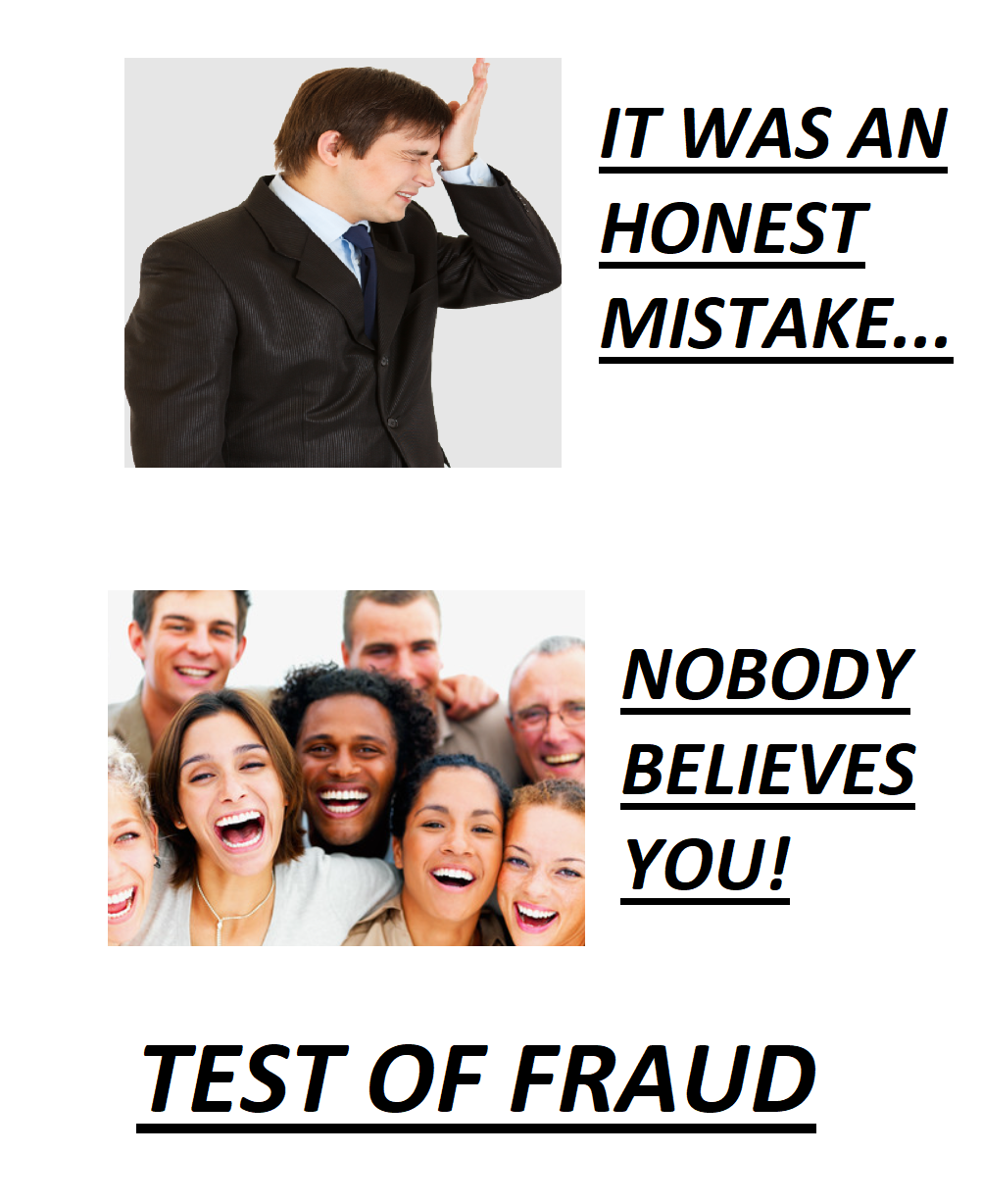Derry v Peek [1889] UKHL 1
Citation:Derry v Peek [1889] UKHL 1
Rule of thumb:What is the test of fraud? The ‘destitute of all reasonable foundation’ test for determining whether a statement was a lie & a fraud, as set by Lord Herschell in the House of Lords/UK Supreme Court in Derry v Peek, [1889] UKHL 1, and which is binding upon all Courts & Tribunals across the UK. This case also affirms the further point of law that before arriving at an opinion the Judge should outline all the legal sources that have been put to them as applying, before arriving at their decision on the points of law that they think are binding in the case.
Background facts:
The facts of this case were that Peek gave out a prospectus for new shares, and lied that they had a license to drive steam trams, and they would use these to replace horse trams, and they needed capital. It turned out that the company did not have this license, and the Court held that this was a black-and-white false statement. However, Derry and the other directors were able to argue that they honestly believed that they would have attained the license extremely easily, or appointed someone who could get it extremely easily, and they honestly believed this would have been a 99.99% formality, so this was not dishonest, with them instead just believing that this was a mere extension of their already existing business.
Judgment:
The Court therefore held that this did not reach the level of black-and-white lie required for an act of fraud and the statement was not destitute of all reasonable belief. What is also notable about this case is that this was not brought by the police/prosecutor - this case was instead raised in the Civil Courts by a group of shareholders in connected actions seeking the return of the capital they invested – and it was also raised against the directors rather than the company itself.

Ratio-decidendi:
‘... Having now drawn attention, I believe, to all the cases having a material bearing upon the question under consideration, I proceed to state briefly the conclusions to which I have been led. I think the authorities establish the following propositions: First, in order to sustain an action of deceit, there must be proof of fraud, and nothing short of that will suffice. Secondly, fraud is proved when it is shewn that a false representation has been made (1) knowingly, or (2) without belief in its truth, or (3) recklessly, careless whether it be true or false. Although I have treated the second and third as distinct cases, I think the third is but an instance of the second, for one who makes a statement under such circumstances can have no real belief in the truth of what he states. To prevent a false statement being fraudulent, there must, I think, always be an honest belief in its truth. And this probably covers the whole ground, for one who knowingly alleges that which is false, has obviously no such honest belief. Thirdly, if fraud be proved, the motive of the person guilty of it is immaterial. It matters not that there was no intention to cheat or injure the person to whom the statement was made... At the same time I desire to say distinctly that when a false statement has been made the questions whether there were reasonable grounds for believing it, and what were the means of knowledge in the possession of the person making it, are most weighty matters for consideration. The ground upon which an alleged belief was founded is a most important test of its reality. I can conceive many cases where the fact that an alleged belief was destitute of all reasonable foundation would suffice of itself to convince the Court that it was not really entertained, and that the representation was a fraudulent one. So, too, although means of knowledge are, as was pointed out by Lord Blackburn in Brownlie v. Campbell 5 App Cas at p 952 , a very different thing from knowledge, if I thought that a person making a false statement had shut his eyes to the facts, or purposely abstained from inquiring into them, I should hold that honest belief was absent, and that he was just as fraudulent as if he had knowingly stated that which was false’. Lord Herschell
Warning: This is not professional legal advice. This is not professional legal education advice. Please obtain professional guidance before embarking on any legal course of action. This is just an interpretation of a Judgment by persons of legal insight & varying levels of legal specialism, experience & expertise. Please read the Judgment yourself and form your own interpretation of it with professional assistance.

